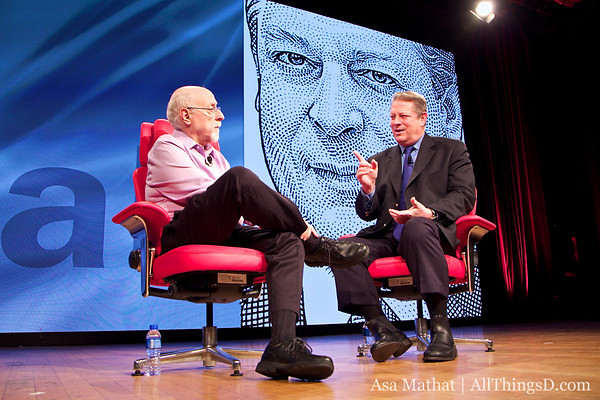
Despite a penchant for being outspoken and extremely stubborn, Steve Jobs wanted to ensure that the Apple he left behind didn’t fall prey to the WWSJD syndrome, as in employees not thinking for themselves and otherwise trying to implement what they feel Jobs would have done in a particular situation.
In a recent discussion held at the AsiaD conference, Apple board member Al Gore explained that Steve Jobs devoted a good deal of time discussing the importance of “cultivating a team” capable of working on its own, with or without him. Gore said that these types of discussions were held at every single Apple board meeting over the past few years.
Cognizant of the trap that befell Disney upon the death of Walt Disney where employees would subsequently try and channel the wishes of Disney from the grave, Jobs was adamant that Apple not go down that road. Jobs wanted to ensure that the team he left behind at Apple would be able to forge their own path, make their own decisions, and not remain boxed in by dogma, a notion Jobs even mentioned during his now iconic Stanford commencement speech.
And he made it very clear ‘I don’t want that.’ He made it clear to Tim Cook and everyone else ‘Don’t ask what Steve would have done. Follow your own voice.’”
That said, Gore is confident that the Apple known for risk-taking and completely upending markets with innovative products will soldier on even without Jobs.
“Everyone on that management team could be CEO of a world class corporation,” said Gore.
Echoing sentiments that surfaced after his resignation, Gore explained that Jobs’ biggest accomplishment was Apple itself and that Jobs worked hard to ensure that the company would continue to thrive even after he departed. Indeed, one such initiative Jobs put together was an internal Apple University of sorts where executives could study Apple’s past business decisions and learn from those successes or failures.
Permeating through the case studies are some of the rubrics that Jobs felt were most important to Apple’s success and its ability to innovate. These include accountability, attention to detail, perfectionism, simplicity, and secrecy. The courses synthesize these tenets with the aforementioned case studies to determine how they “translate into business strategies and operating practices.”
You can check out Gore’s entire interview with Walt Mossberg here. Gore opines on a wide gamut of issues, from Apple to Google to climate change and the the broken political system in this country.





Fri, Oct 21, 2011
News